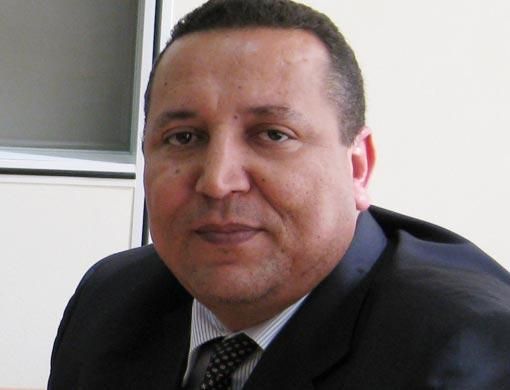Abu Dhabi: Patients who require Nexavar, a new drug for advanced liver cancer, can now purchase it by reporting their condition to the Abu Dhabi Health Services Company.
Any patient diagnosed and treated outside the UAE with advanced liver cancer can continue their treatment by using Nexavar, in spite of not being registered with the Ministry of Health.
Nexavar a recently introduced drug said to increase life expectancy.
Even with minimal reported cases in the UAE with Hepatocellular carcinoma (HCC), a primary malignancy and cancer of the liver, latest statistics indicate that HCC is the most widespread form of liver cancer and is responsible for about 90 per cent of the primary malignant liver tumors observed in adults.
The prognosis for patients diagnosed with liver cancer is often poor as the disease typically does not cause symptoms until the cancer is in its later stages.
Nexavar has been approved in more than 60 countries, including the United States and European Union, for the treatment of patients with advanced liver and kidney cancer.
It is being evaluated as a single agent or combination treatment for other cancers, including adjuvant therapy for kidney cancers, metastatic melanoma, breast cancer and lung cancer.
Abdul Karim Smine, head of Drug Regulation, Health Authority Abu Dhabi (HAAD), told Gulf News Nexavar is being used for specific cancer cases by a few patients despite not being included in HAAD formulary.
"Nexavar will enter HAAD's formulary if there is a need for it. When we checked with some of the hospitals we found that Shaikh Khalifa Medical City do use Nexavar under the patient's name. This means that patients who have been treated outside the UAE have access to the drug here," said Smine.
Conference
Patients who generally need to continue treatment through any type of drug once they are back to the UAE have the Abu Dhabi Health Services Company's (Seha) support, said Smine. The drug is purchased by Seha and becomes accessible in hospitals.
Latest statistics revealed by the International Association for the Study of the Liver (IASL) at an international HCC conference in Cairo recently, show that liver cancer is the sixth most common cancer in the world and the third leading cause of cancer-related deaths globally, with over 600,000 cases of liver cancer diagnosed worldwide each year, about 54,000 in Europe, 19,000 in the United States and 390,000 in China, Korea and Japan.
Professor Yasser Abd Al Kader, Member of Egyptian Society Cancer, Member of the European Society of Medical Oncology (Esmo) and Member of the American Society of Clinical Oncology (Asco), explained that treatment options for liver cancer patients depend on the stage of the malignant disease, underlying liver function and the patient's overall condition.
Surgery offers the only chance to cure patients with liver cancer. If the cancer is found at an early stage, surgery with or without liver transplantation may be curative.
Nexavar: How does it work?
The drug targets both the tumour cell and tumour vessels stopping growth of cancer cells.
Professor Peter Galle, Director of the Department of Internal Medicine, Mainz University, Germany, and a member of the American Association for the Study of Liver Diseases, has been doing research on cell death in the liver.
"There are curative treatments available for early-stage liver cancer diseases, including liver transplantation. However, most patients are present with an advanced disease," said Galle.













